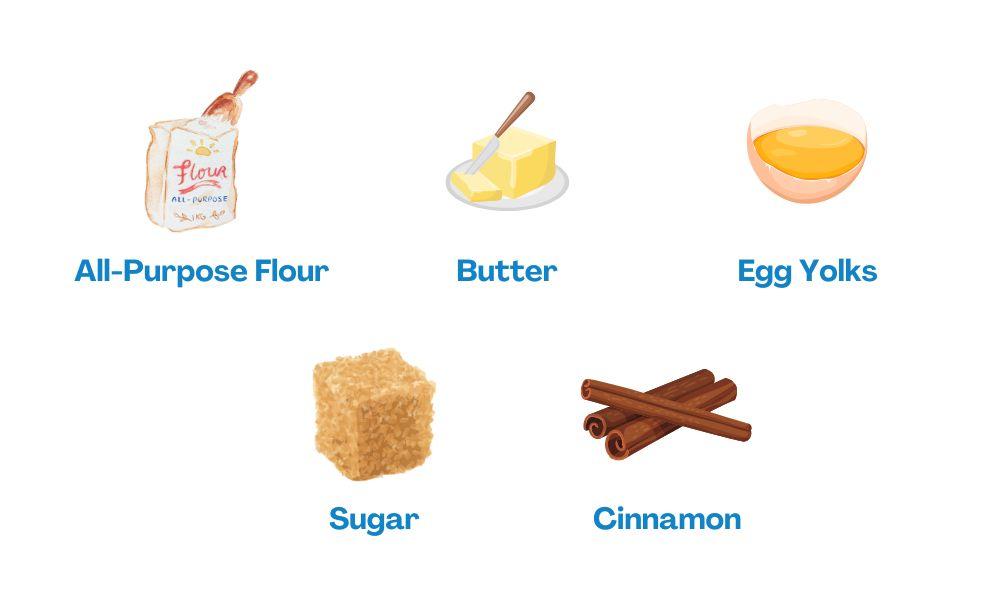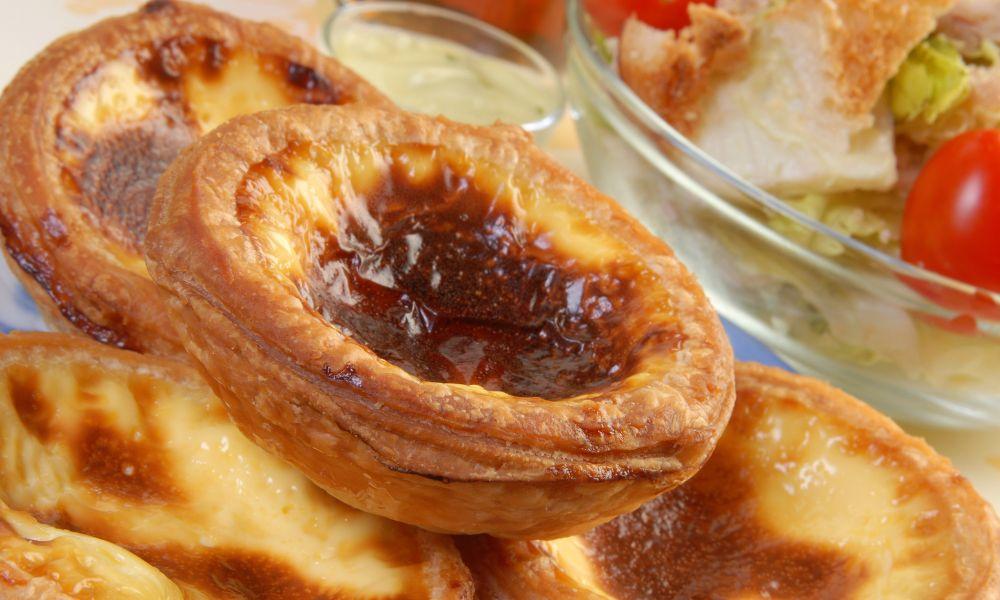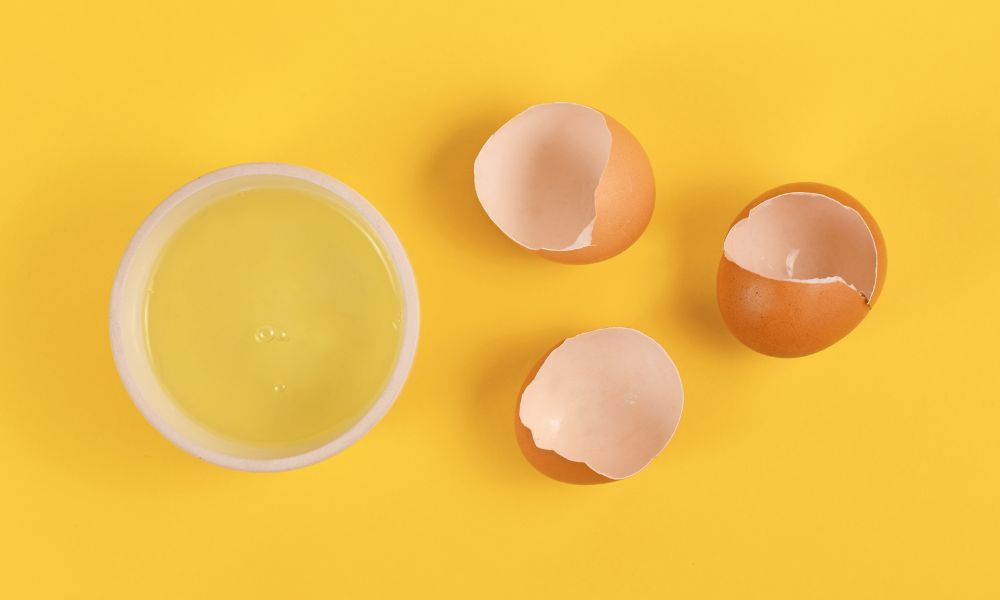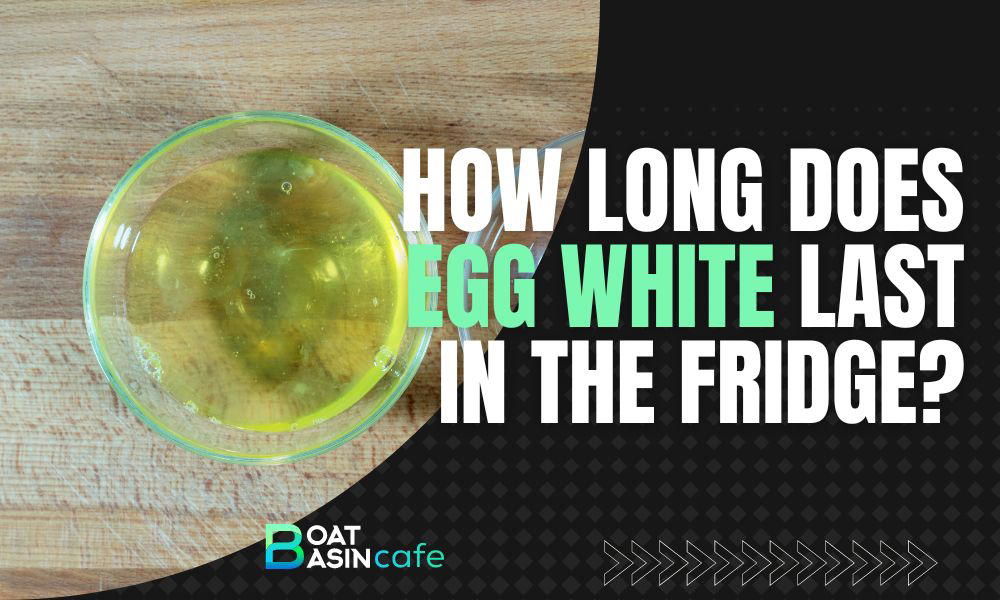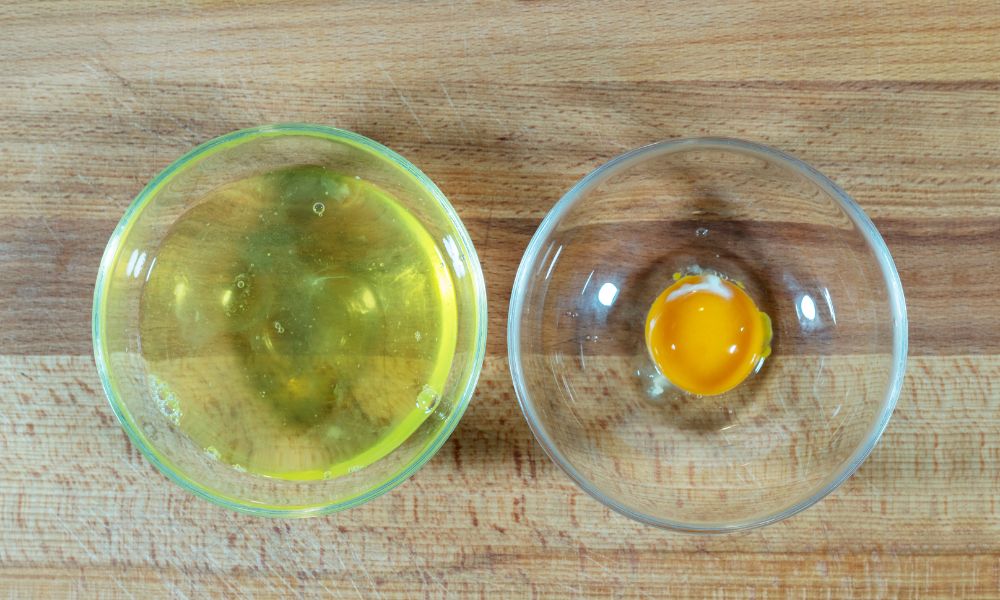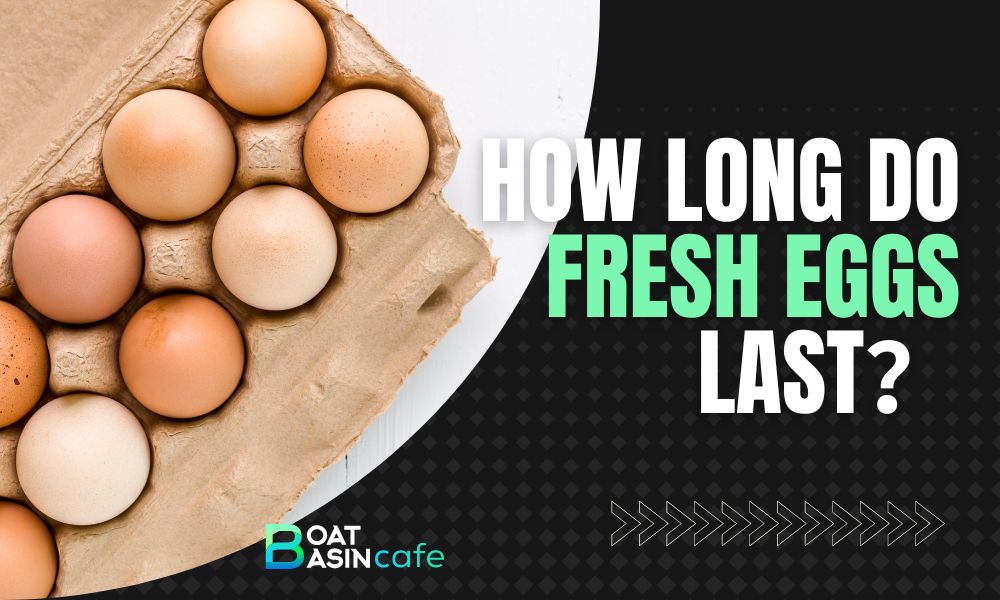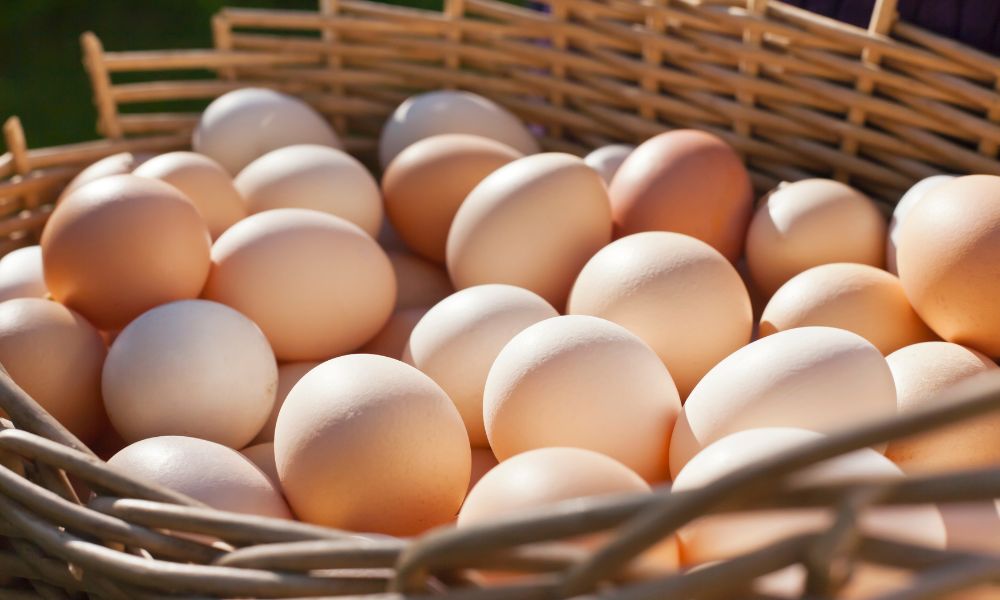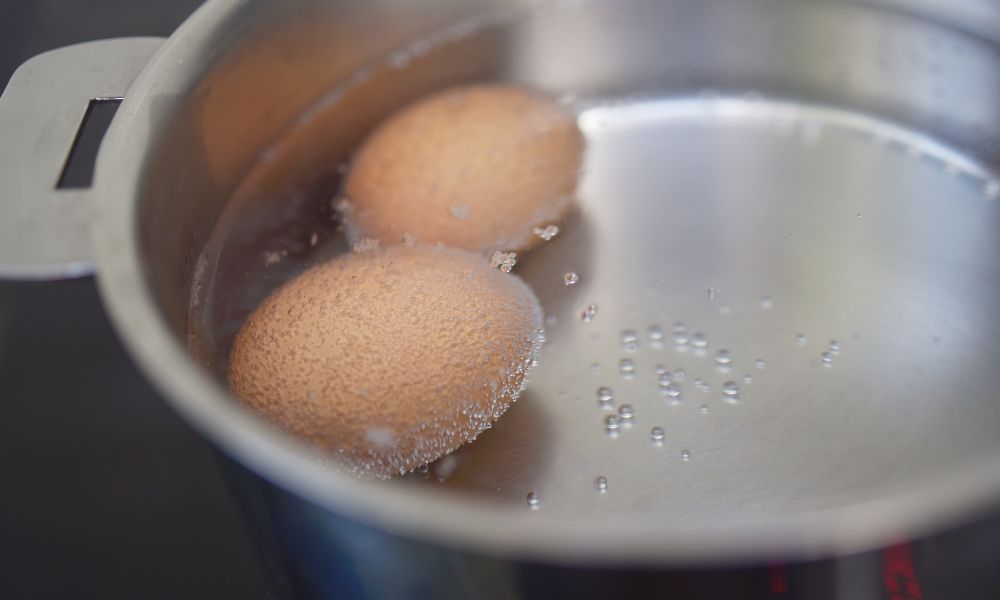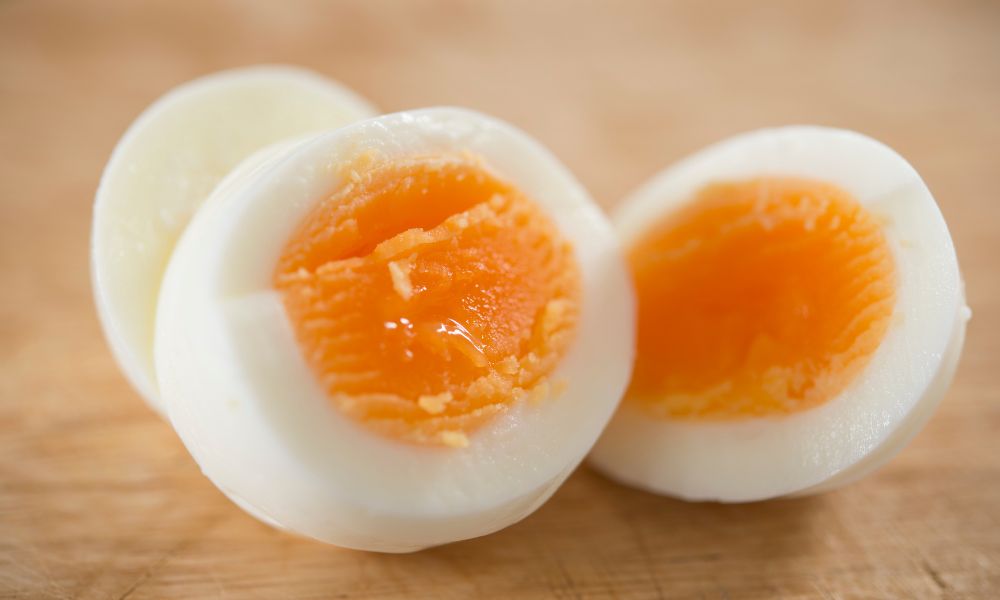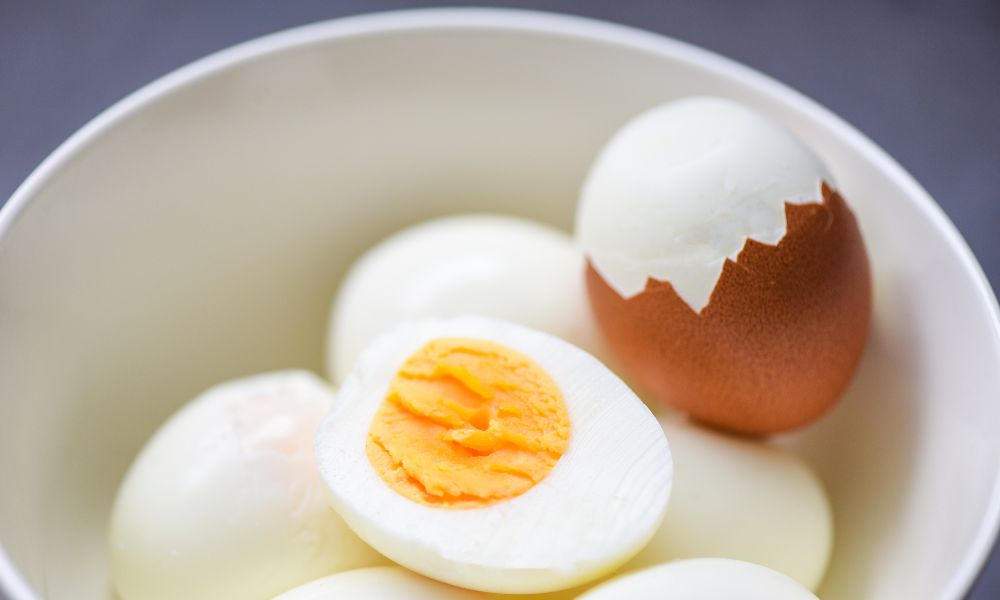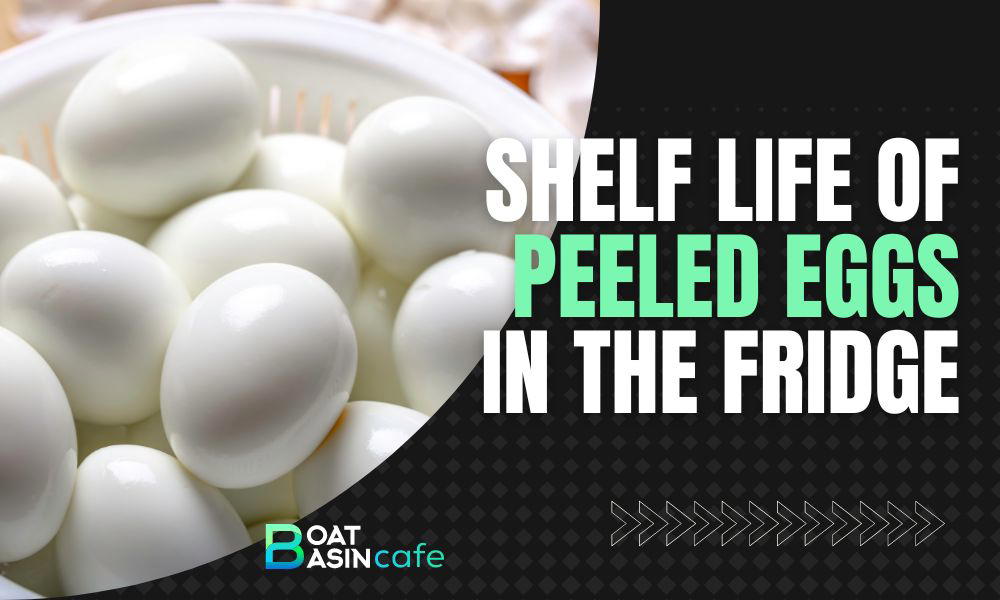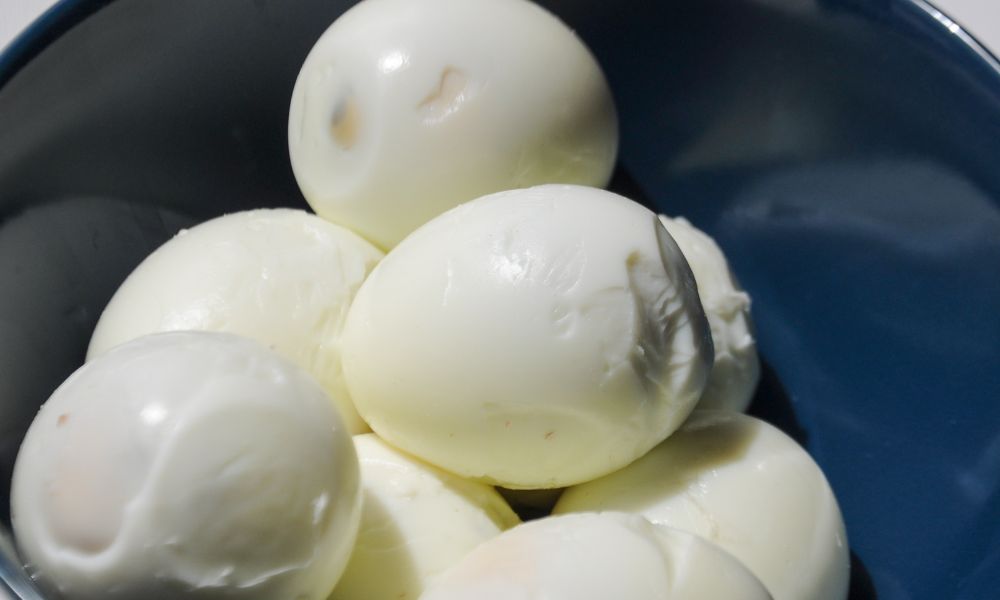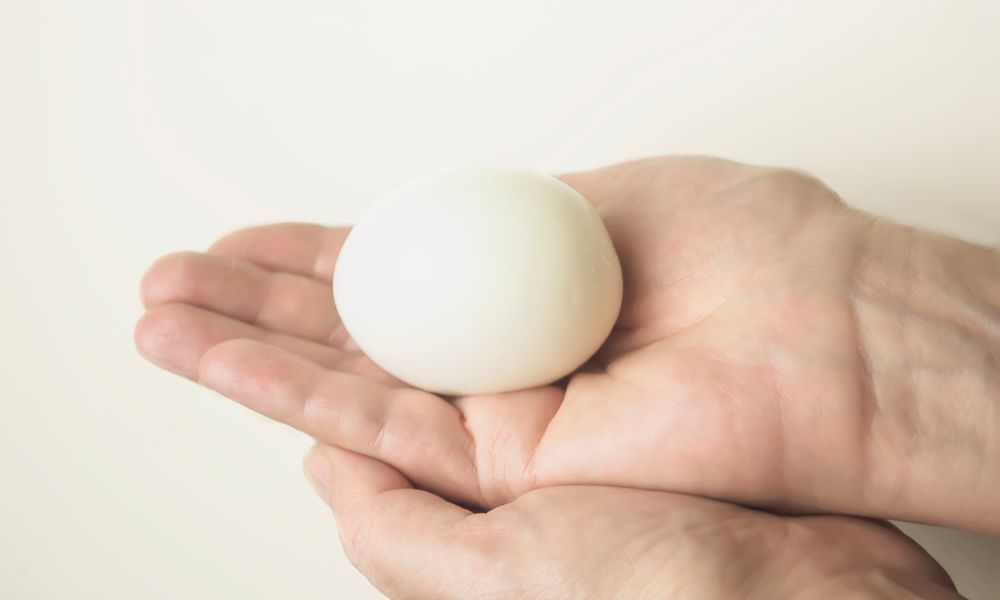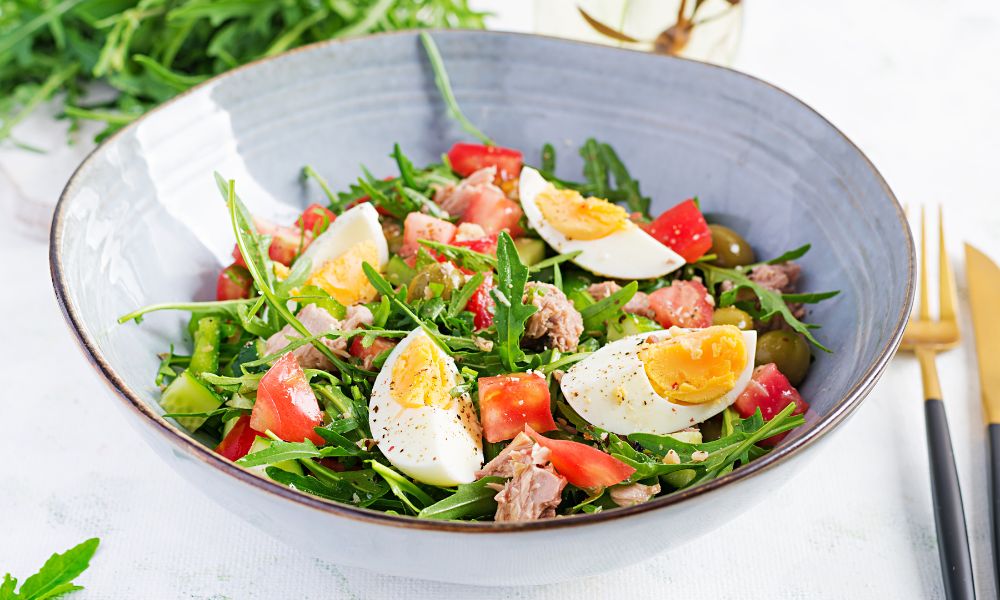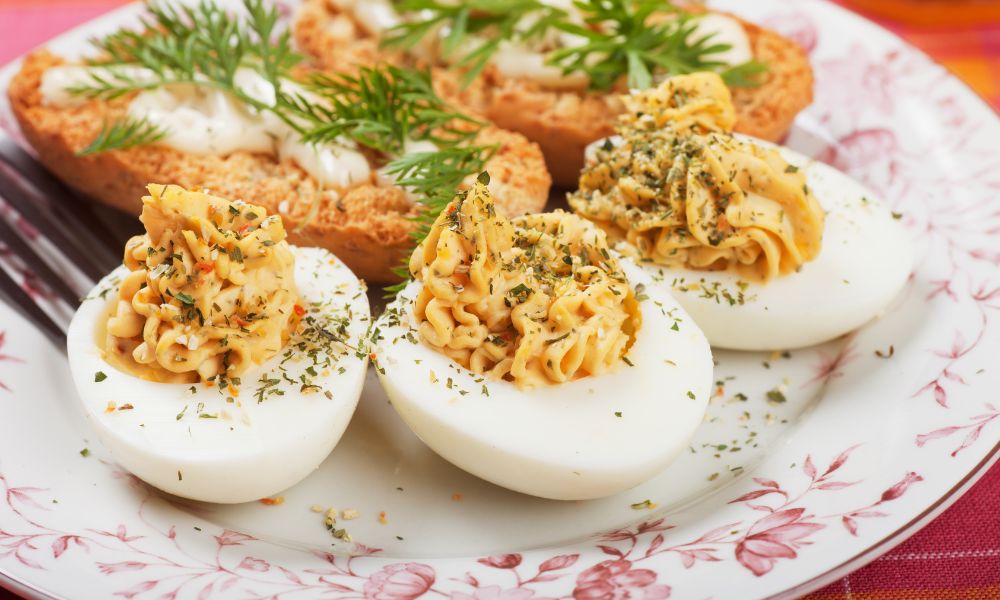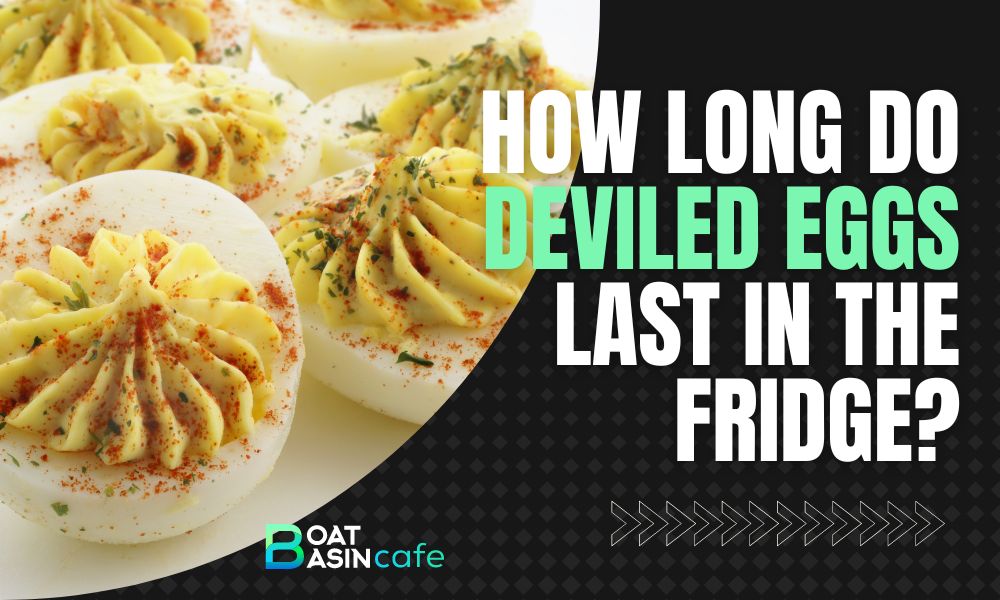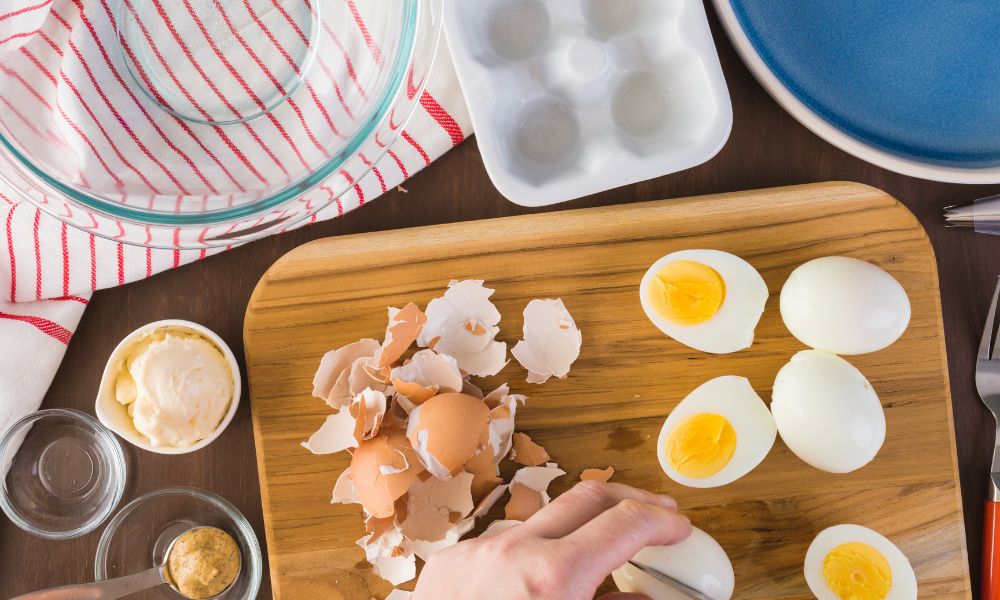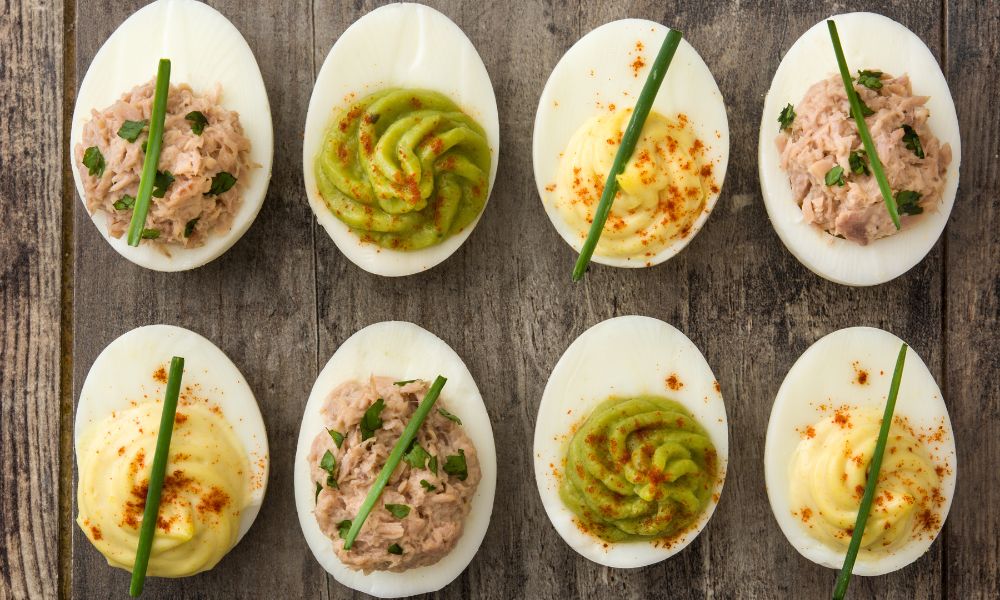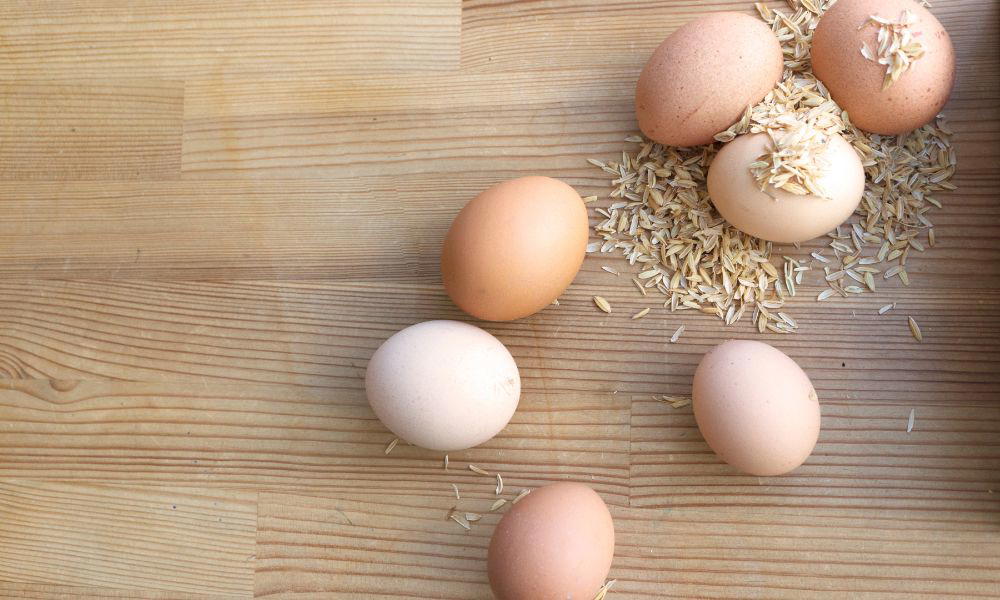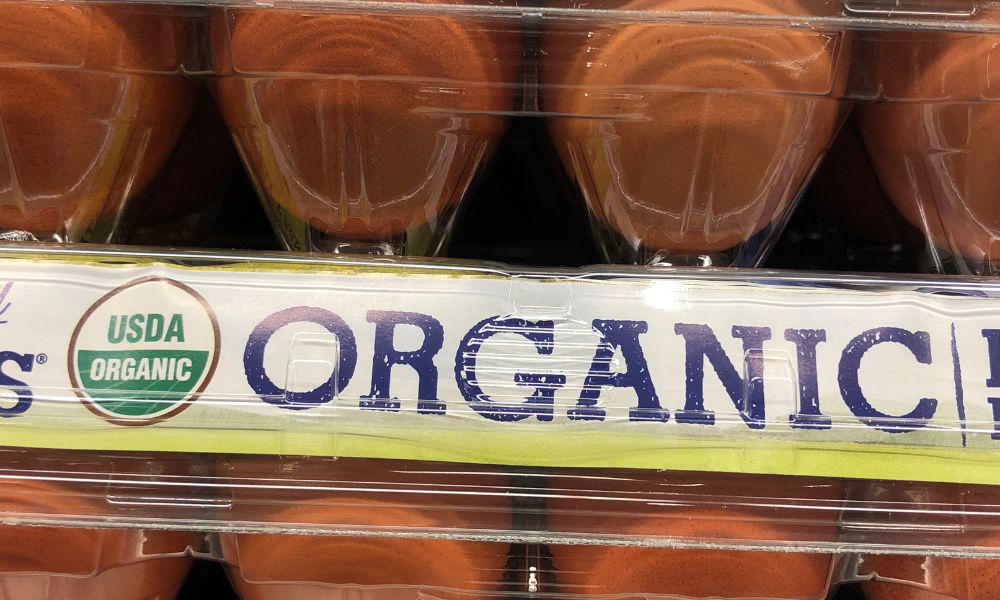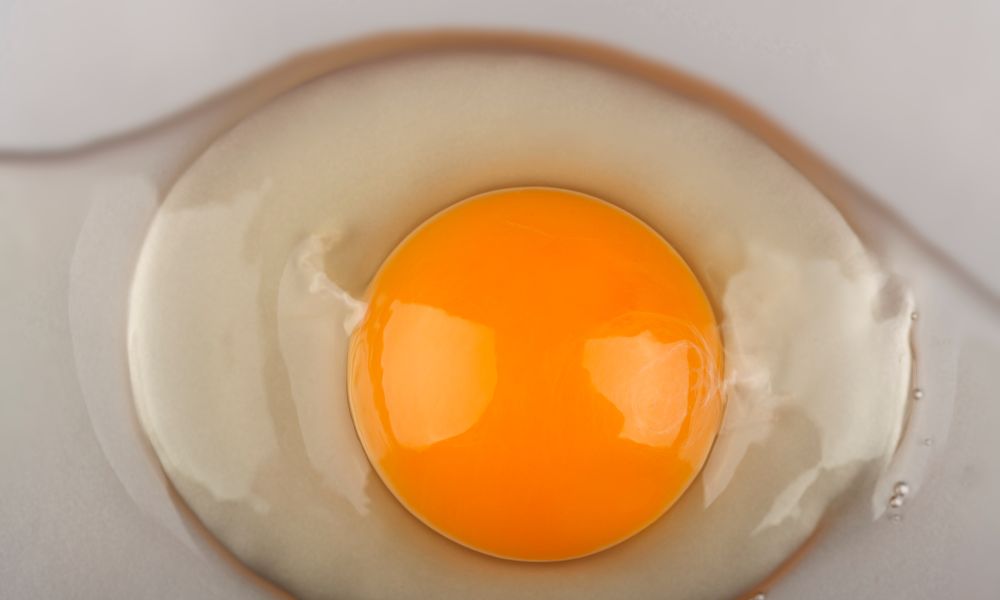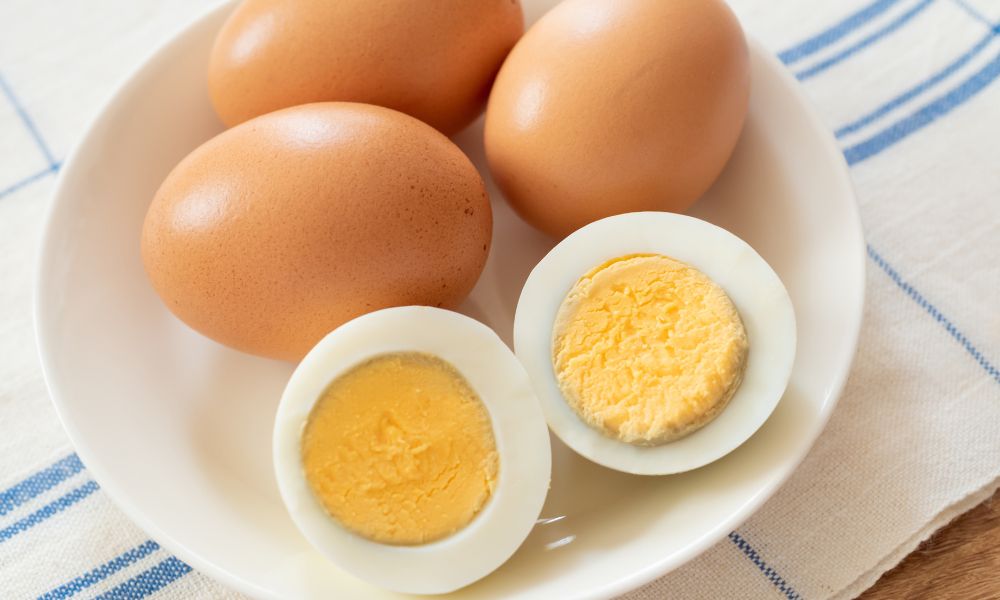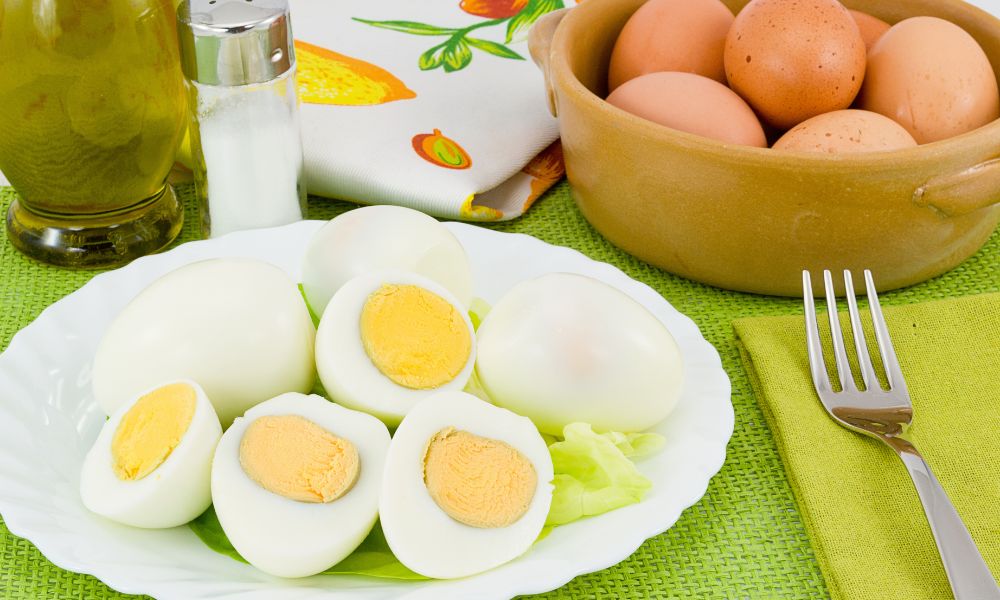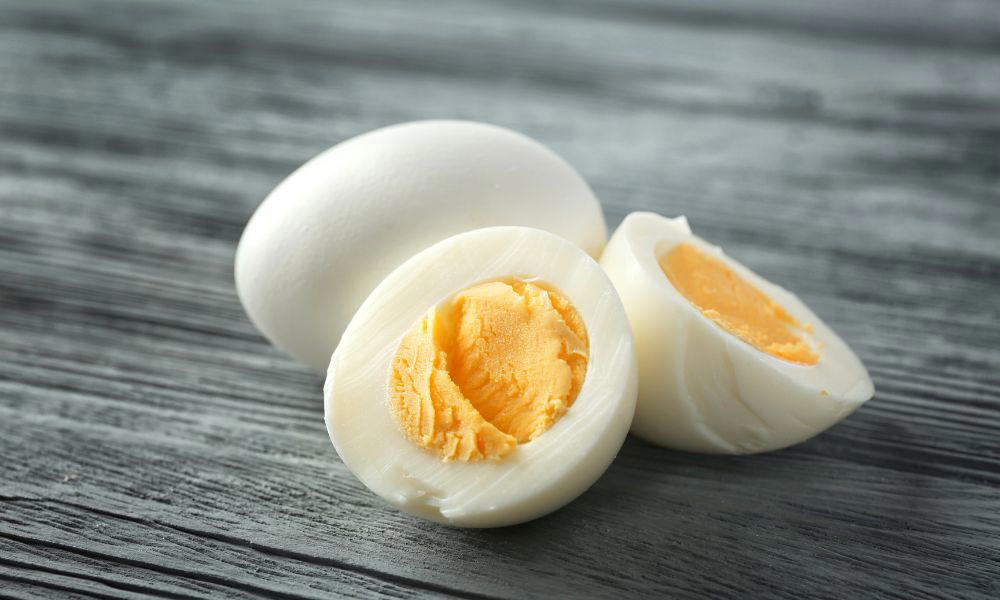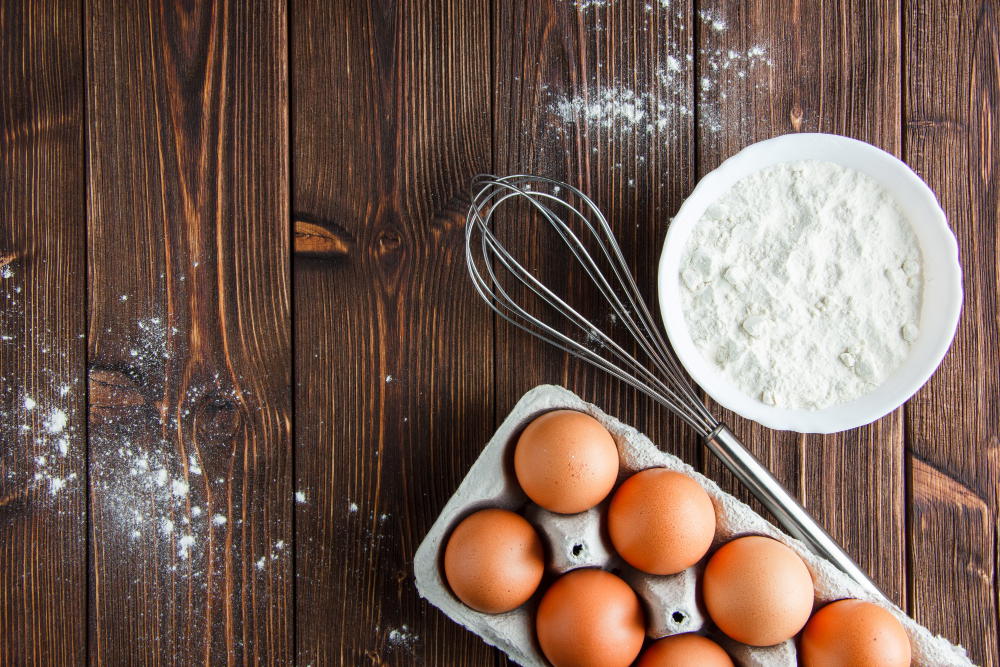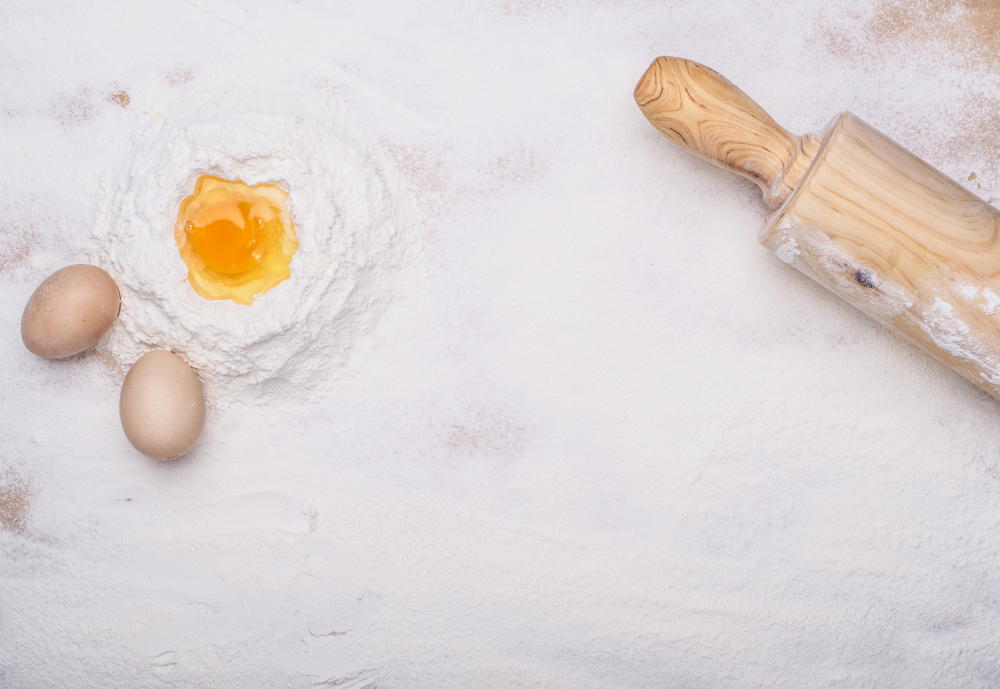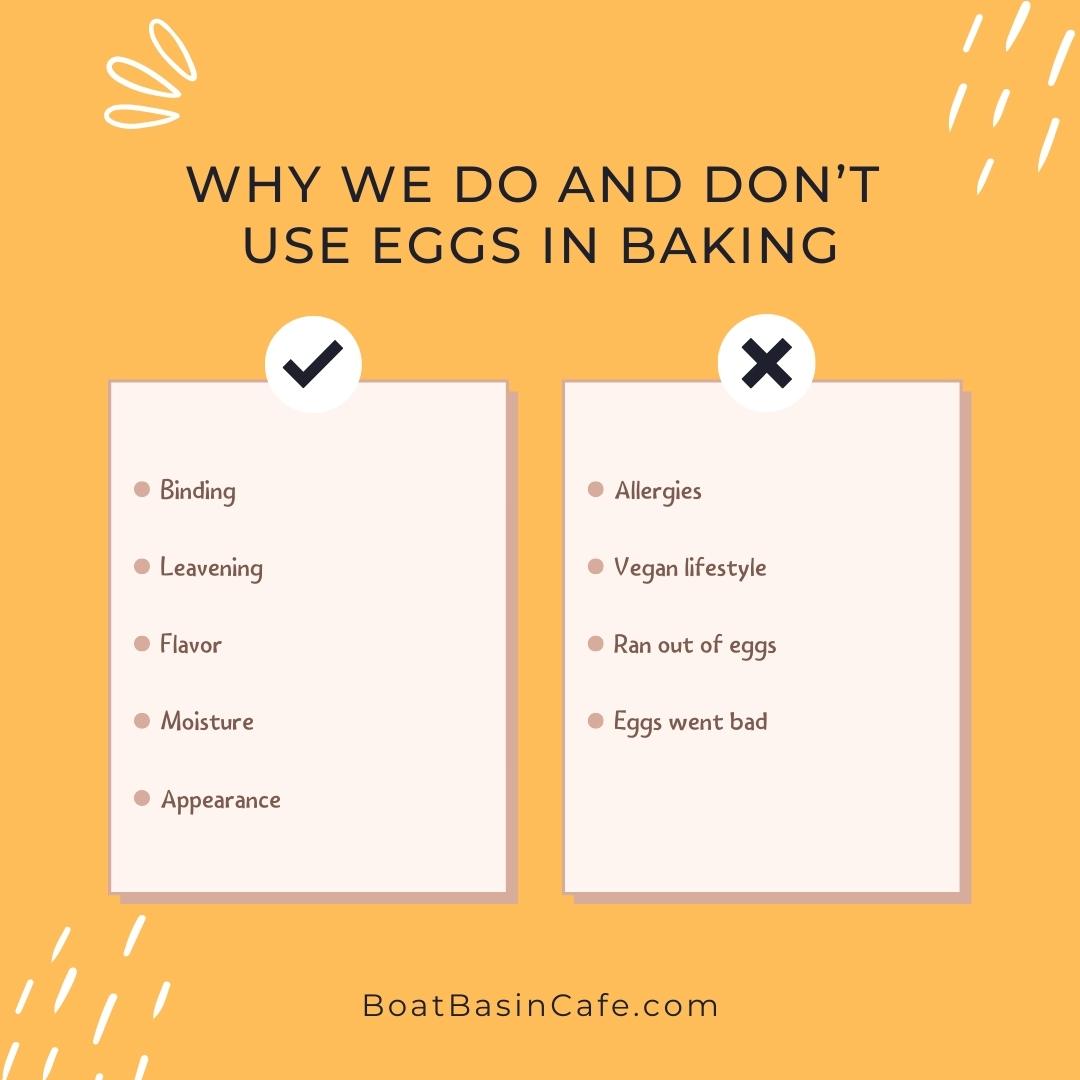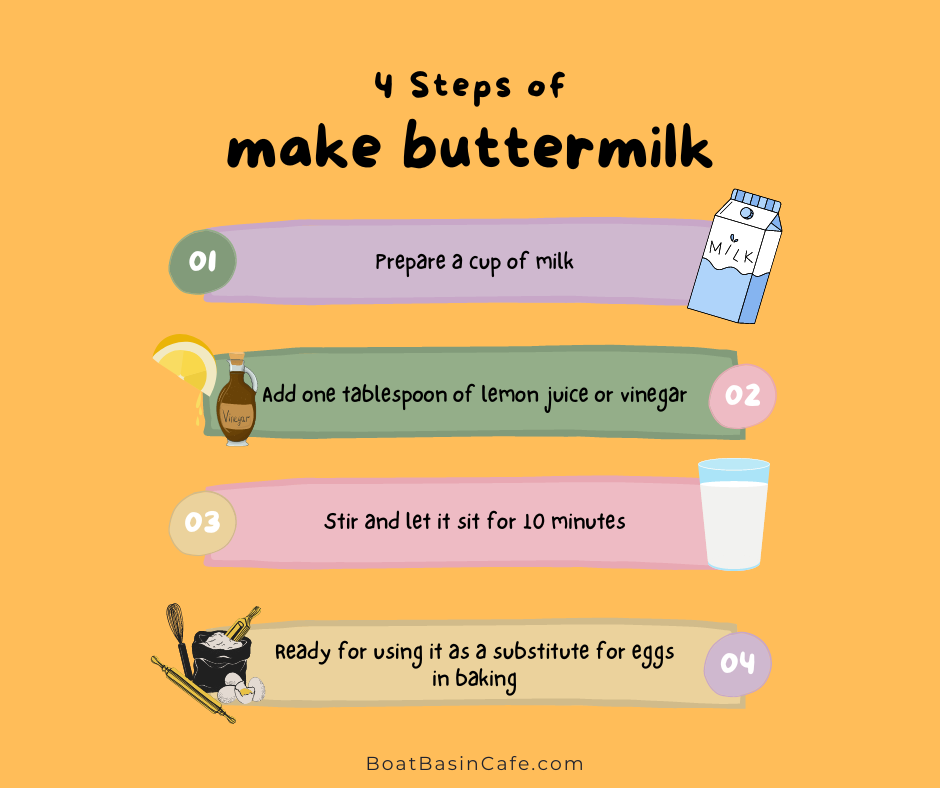Worried your eggs are past their prime? Wondering how to tell if eggs are bad and could risk your health? Don’t fret. We’re here to help!
This guide will ensure your eggs are up to the mark, helping you avoid any sour surprises at breakfast!
[su_box title=”Summary of Key Points” style=”default” box_color=”#1383C8″ title_color=”#FFFFFF” radius=”3″]Want to know if an egg has gone bad?
Do the float test. A fresh egg sinks and lays flat in water.
If it floats, it’s bad. Also, a bad egg has an off-color or smell.
Avoid it to prevent food poisoning.[/su_box]
Understanding Egg Date Stamps
One of the key factors in determining the freshness of eggs is understanding the date stamps found on the carton. These date stamps provide valuable information about the eggs’ timeline and can help you make an informed decision regarding their consumption. Let’s take a closer look at how to decode these date stamps and what they mean.
The most common date stamps found on egg cartons are the packing date and the expiry date. These dates indicate important milestones in the life cycle of an egg, allowing you to gauge its freshness and determine whether it is safe to consume.
Packing Date vs Expiry Date
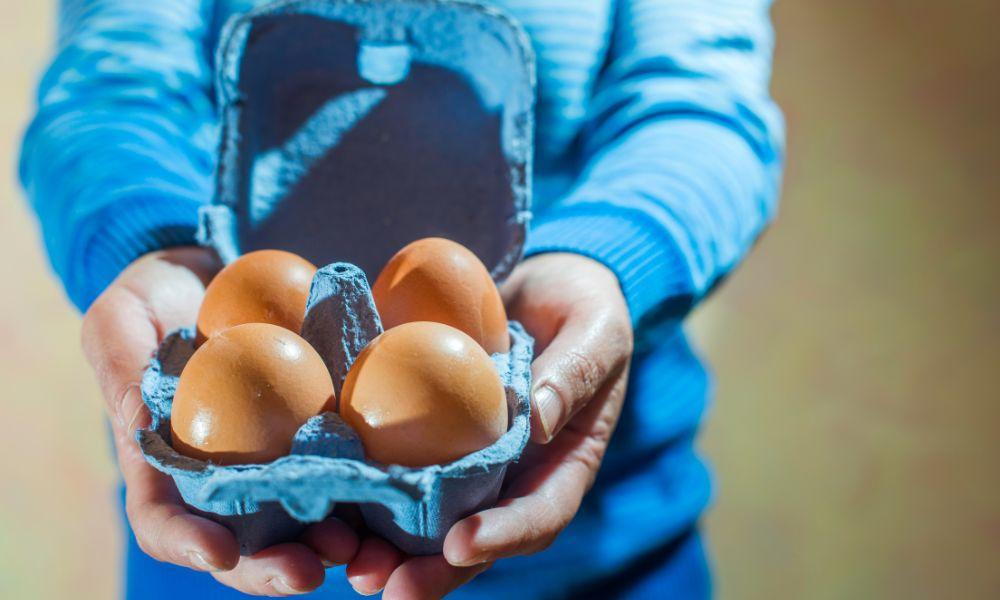
Understanding the difference between the packing date and the expiry date is essential when evaluating an egg’s freshness.
Packing Date Explained
The packing date refers to the day when the eggs were placed into the carton by the producer. This information is usually represented by a three-digit code near the “use-by,” “sell-by,” or “exp” date on the packaging. This date indicates when the eggs were packed, not when they will expire.
Expiry or Sell-By Date Defined
On the other hand, the expiry or sell-by date specifies the last day recommended for sale or consumption. This date is often listed as a month and day, indicating a general time frame within which the eggs should be consumed for optimal freshness. However, this date should not be taken as an absolute indicator of spoilage; it serves as a guideline for retailers and consumers.
Practical Example
For example, if eggs have a packing date of January 1st and an expiry date of February 28th, they were packed on January 1st and should ideally be consumed within two months from that day for optimal freshness.
Guidelines for Egg Consumption
Different guidelines exist regarding how long eggs can be safely consumed after their packing or expiry dates. Reputable sources like the United Egg Producers suggest consuming eggs within four to five weeks of the pack date and two to three weeks after the expiration date. In contrast, the Institute of Agriculture and Natural Resources at the University of Nebraska-Lincoln recommends eating eggs within three to five weeks of purchase. Assessing the condition of the eggs using other testing methods in addition to considering the date stamps is always essential.
Testing Egg Freshness
Now that there is a better understanding of egg date stamps and their significance, exploring various techniques to test the freshness of eggs is the next step.
Techniques for Testing Egg Freshness
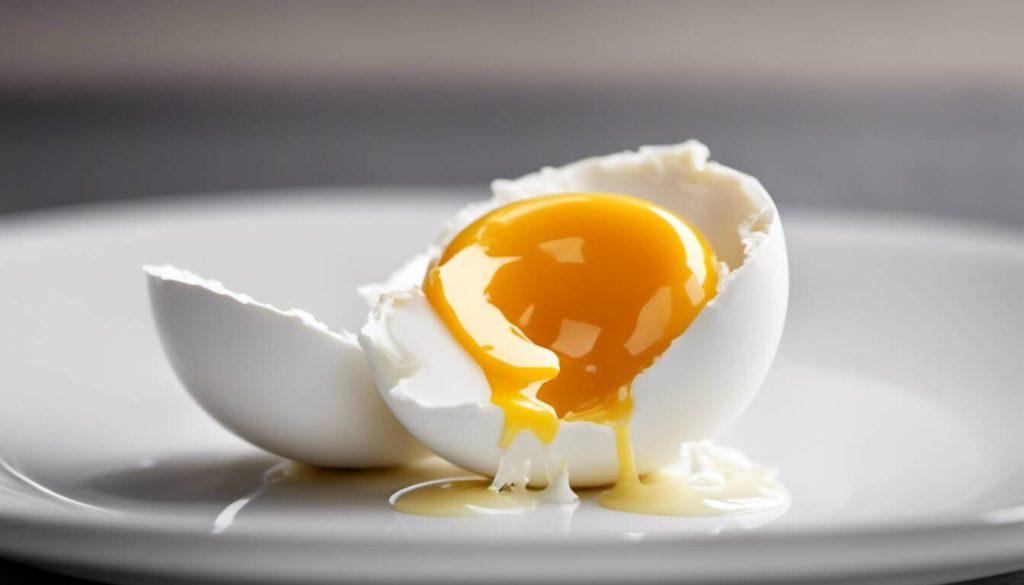
Introduction to Egg Freshness Tests
🥚 When it comes to testing the freshness of eggs, several techniques can help determine if they are still good to eat. Using your senses and observing specific characteristics of the egg can make an informed judgment. While no method is foolproof, they offer valuable insights into an egg’s freshness.
The Float Test: A Reliable Technique
💧 One of the most popular and reliable techniques is the float test. Place an egg in a bowl or glass filled with water. If the egg sinks and lies flat on its side, it’s very fresh and safe to consume. If the egg sinks but stands upright or only tilts slightly, it might not be as fresh but is still generally safe to eat. However, if the egg floats to the surface, it’s a sign of spoilage and should be discarded.
The Shake Test: Listen Closely
👂 Another common technique is the shake test. Hold an egg close to your ear and shake it gently. Hearing a sloshing sound or feeling movement inside the shell indicates that the egg has deteriorated, and consuming it is not recommended.
Visual Inspection: Appearance Matters
👀 Other tests involve conducting a visual inspection by examining the appearance of the yolk and whites. A fresh egg will have a firm yolk that sits high and round in the center when cracked open. The whites should be clear and viscous with minimal spreading. Any discoloration or unnatural odor in the yolk or whites indicates spoilage.
Safety Considerations
⚠️ These methods provide subjective indicators of freshness and don’t guarantee protection from potential foodborne illnesses like salmonella. Using these techniques as general guidelines and not as definitive proof is advisable.
Storage and Caution
🥚 When testing eggs for freshness, remember that properly stored eggs often remain safe to eat past their expiration date. If doubts arise about an egg’s freshness or any unusual characteristics appear upon inspection, discarding the egg is the safest option.
Diving Deeper: The Float Test
🔍 Now that some general techniques for testing egg freshness have been explored, let’s delve further into the popular float test method.
The Float Test
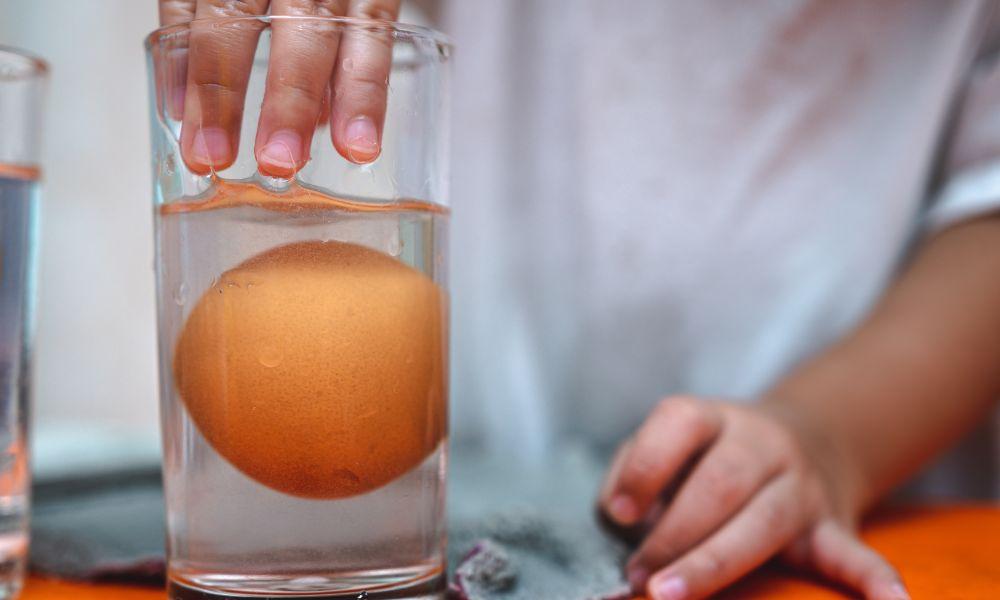
🥚 Introduction to the Float Test
The float test is a simple yet effective method to assess the freshness of an egg. To perform this test, start by filling a bowl or glass with cold water. Gently place the egg into the water and observe its behavior.
💧 Interpreting the Results
- If the egg sinks to the bottom and lies flat on its side, it indicates that the egg is very fresh. This means the air cell at the rounded end of the egg is small, suggesting minimal evaporation. Such an egg is safe to eat and will likely have a firm yolk and clear whites when cracked open.
- On the other hand, if the egg sinks but stands upright or tilts slightly at an angle, it’s not as fresh but should still be safe to consume. As eggs age, moisture evaporates, leading to a slight upward tilt as the air cell enlarges.
- However, if the egg floats to the surface, significant evaporation has occurred. Bacteria might have entered through the enlarged pores. This egg is no longer fresh and should be discarded.
Remember: This test provides only an indication of freshness. If an egg has peculiar odors or appearances when cracked open, it’s best not to consume it.
🍳 Practical Scenario
For instance, imagine performing the float test on a suspected old egg from your refrigerator. You watch as it sinks and lies flat on its side. This suggests it’s still fresh enough for consumption, perfect for your morning omelet.
📘 Additional Notes
- According to United Egg Producers, eggs should remain safe for consumption within four to five weeks of the pack date and two to three weeks after the expiration date.
- The Institute of Agriculture and Natural Resources at the University of Nebraska-Lincoln advises eating eggs within three to five weeks of purchase.
- The well-documented float test finds that if an egg floats in water, it’s old and should be discarded. Although not 100% foolproof, this method has proven useful in many cases.
Exploring Other Techniques
Now that you understand the float test and its results, let’s explore other useful techniques for testing egg freshness.
The Shake Test
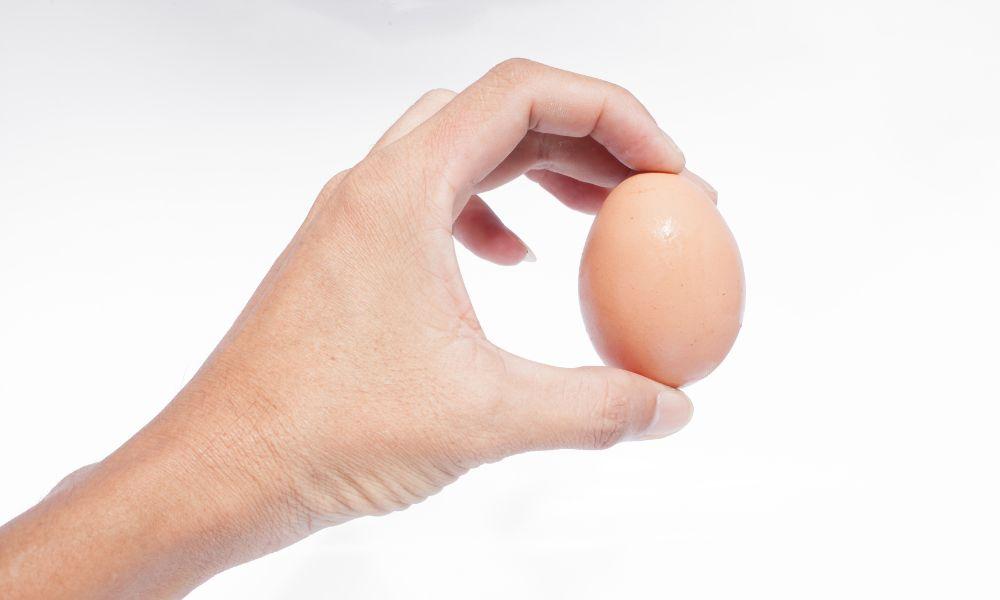
Introduction to the Shake Test 🥚
The shake test is a simple and effective method to determine the freshness of an egg. By holding an egg up to your ear and giving it a gentle shake, you can listen for sounds that indicate its freshness.
Listening for Freshness 👂
If you hear a loud sloshing sound, it means that the yolk and white have separated significantly, indicating that the egg is not fresh. On the other hand, if you don’t hear any sound or just a faint swishing noise, it suggests that the yolk and white are still intact, showing that the egg is fresh.
What Sounds to Expect 🎧
Imagine holding an egg close to your ear and shaking it gently. If you hear a distinct swishing or sloshing sound, similar to water moving inside the shell, it’s a clear indication that the components of the egg have deteriorated over time and it is no longer fresh. However, if you don’t hear any sound or just a minimal noise, then congratulations! You’ve got yourself a fresh egg.
Considerations and Handling 🤲
Keep in mind that this method is subjective and relies on your ability to identify the sounds accurately. It may take some practice to distinguish between subtle differences in sound. Additionally, always use caution while handling eggs, as they can break easily.
Other Sensory Tests 🌬️
While the shake test provides insight into the internal state of an egg, there’s another important test that relies on our sensory perception – the smell test.
Indicators of a Rotten Egg: The Smell Test
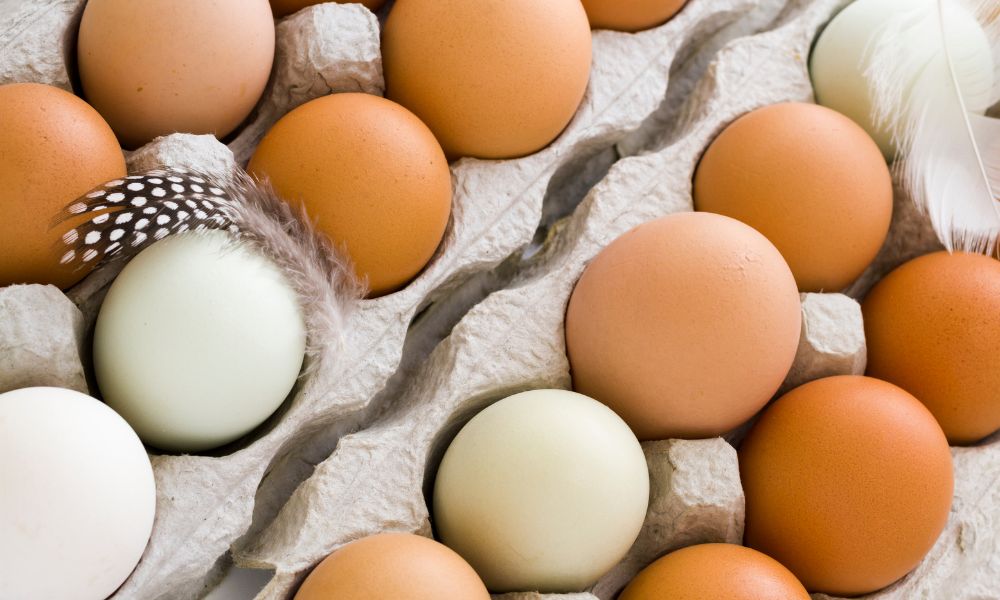
The smell test is one of the most reliable ways to identify whether an egg has gone bad or not. When performing this test, pay attention to any unusual or foul odors emanating from the egg.
Picture yourself cracking open an egg and immediately being greeted by an unpleasant odor – a sure sign that something is amiss. Rotten eggs have a distinct sulfurous smell that resembles rotten cabbage or a strong, pungent odor. Trust your senses and if the smell makes you gag or causes discomfort, it’s safe to say that the egg is past its prime.
It’s important to note that there can be slight variations in smell between different eggs due to factors like diet or breed of the chicken. However, a rotten egg smell is typically unmistakable and differs from a normal egg’s odor.
A fresh egg usually has a neutral or slightly earthy scent, with no offensive odors. On the other hand, a rotten egg will have an obvious and unpleasant smell that leaves no room for doubt.
If you’re unsure about the freshness of an egg but it doesn’t emit a distinct foul odor, you can perform a float test as an additional measure. Simply place the egg in a bowl of water and observe its behavior. If the egg sinks and stands upright, it’s not very fresh but still safe to consume. If it sinks but falls on its side, then you have an egg at its prime freshness. However, if the egg floats, it’s old and should be discarded.
Just like smelling milk to check if it’s gone sour before taking a sip, trust your nose when it comes to eggs. Your sense of smell is a powerful tool in determining whether an egg is good or bad.
The Risk of Foodborne Illnesses With Rotten Eggs
Health Implications of Consuming Rotten Eggs 🤢
When it comes to rotten eggs, there’s more at stake than just their unpleasant smell and taste. Consuming a rotten or spoiled egg can pose serious health risks due to the potential presence of harmful bacteria, particularly Salmonella. These bacteria can cause foodborne illnesses leading to symptoms such as diarrhea, abdominal cramps, fever, and vomiting. In severe cases, these illnesses can result in hospitalization.
A Hypothetical Scenario: The Brunch Disaster 🍽️
Imagine hosting a brunch for family and friends, serving up scrambled eggs, only to later find out the eggs used were past their prime. Consumed by your guests, these rotten eggs could expose them to harmful bacteria and cause foodborne illnesses. This could not only ruin the gathering but also put the health of your loved ones at risk.
How Eggs Become Contaminated 🧫
You might wonder how rotten eggs become breeding grounds for harmful bacteria. Eggs have natural protective barriers against bacteria. However, these barriers weaken over time, allowing bacteria to enter the egg. As an egg ages or rots, its contents change in consistency and odor.
🍇 Visualizing the Risk: Picture a moldy fruit left on your kitchen counter. As it decays, it becomes discolored and smells foul. Similarly, a rotten egg’s yolk may discolor or develop greenish hues, while the white might turn cloudy.
Potential for Illness Beyond Direct Consumption 🍰
Consuming contaminated eggs, especially raw or undercooked, can lead to salmonellosis, caused by Salmonella bacteria. It can happen when contaminated eggs aren’t cooked at temperatures high enough to kill bacteria. It’s not just about consuming rotten eggs; cross-contamination is a concern. Imagine unknowingly using a rotten egg in a cake. If not baked adequately, bacteria might survive, risking anyone who eats it.
⚠️ Severe Consequences: The effects of consuming rotten eggs shouldn’t be underestimated. Illnesses from bacteria like Salmonella can cause significant distress. In vulnerable groups, the consequences can be even more severe.
Playing it Safe 🛑
It’s crucial to understand that not all rotten eggs contain harmful bacteria, but determining safety just by appearance or smell is challenging. If in doubt about an egg’s freshness or if signs of spoilage are present, discarding it is the safest approach.
Key Takeaways for Safe Egg Consumption 🗝️
Understanding the risks of bad eggs can help. Properly handling and storing eggs reduces the risk of foodborne illnesses. Buy eggs from trusted sources, store them in the fridge, and always check for signs of spoilage before use to stay safe and healthy.

